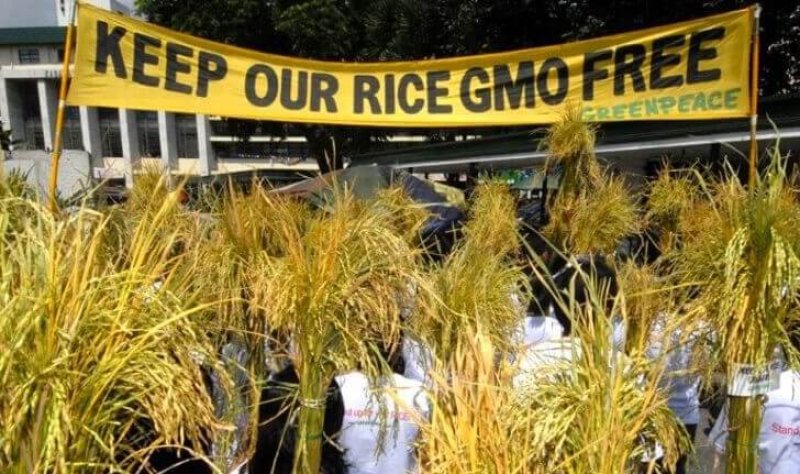…
As the creators of the biotechnological tools which make GMOs possible, scientists are understandably highly supportive of their application. Economic and health benefits are discussed in numerous scientific reports, but the language used is complex and hardly accessible to the public. NGOs, on the other hand, design colourful infographics with less complex language. It is understandable that non-scientists would rather look at a well-designed leaflet than read a 20-page scientific report. This is a big problem science faces. Without the right means of communication, scientific findings fail to be appreciated by the average consumer. In the case of GMOs, competing companies capitalise on this lack of understanding to spark confusion and doubt in consumers.
Science should be accessible to everybody. In an era in which “fake news” can be spread so easily, science aims to provide factual statements. Translating findings from scientific lingo to a style which everybody understands is of the utmost importance. Making science more understandable ultimately makes it more accessible.
Read full, original post: GMOs, not as bad as you think!































